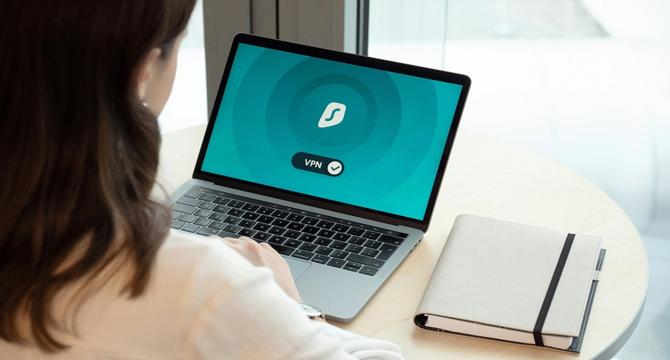TechBullion
1M
309

Image Credit: TechBullion
Best Practices for Safe Browsing with a VPN and how to Maximize Your Online Security
- Securing your online presence is crucial in today's digital landscape, with VPNs playing a vital role in enhancing privacy and security.
- Understanding how VPNs work, encrypting data, and masking IP addresses are key components of safe browsing practices.
- VPN benefits include hiding IP addresses, encrypting connections, and ensuring security on public Wi-Fi networks.
- Choosing the right VPN involves considering needs, budget, encryption standards, and user reviews for reliable service.
- Activating and maintaining a VPN, avoiding free services, and updating software are crucial for maximizing online security.
- Regularly checking VPN connection status, being cautious with downloads and URLs, and updating privacy settings are recommended practices.
- Common mistakes to avoid include neglecting software updates, using insecure protocols, and relying solely on free VPNs.
- Choose reputable VPN providers, be aware of server security levels, and troubleshoot internet connection issues for optimal VPN use.
- By following best practices, including VPN usage and proactive measures, online security can be enhanced effectively.
- Implementing these tips ensures safer browsing experiences and minimizes the risk of cyber threats and attacks.
- Ensuring personal information is safe and secure online involves making informed choices and staying vigilant in maintaining online security.
Read Full Article
18 Likes
For uninterrupted reading, download the app